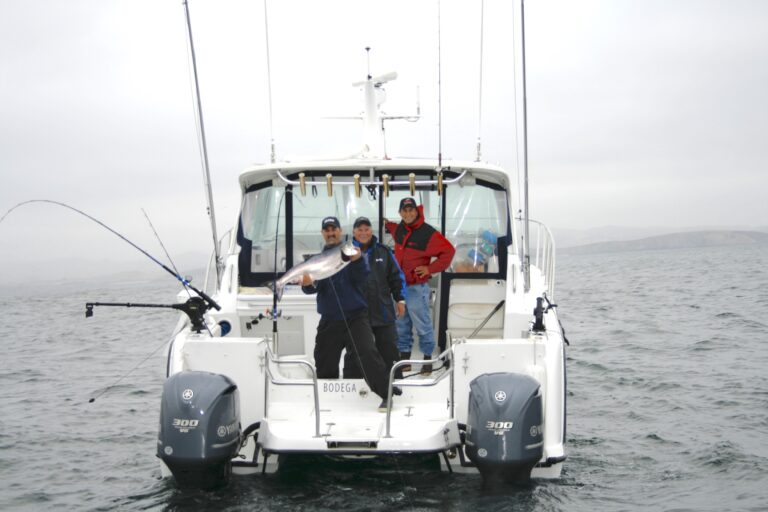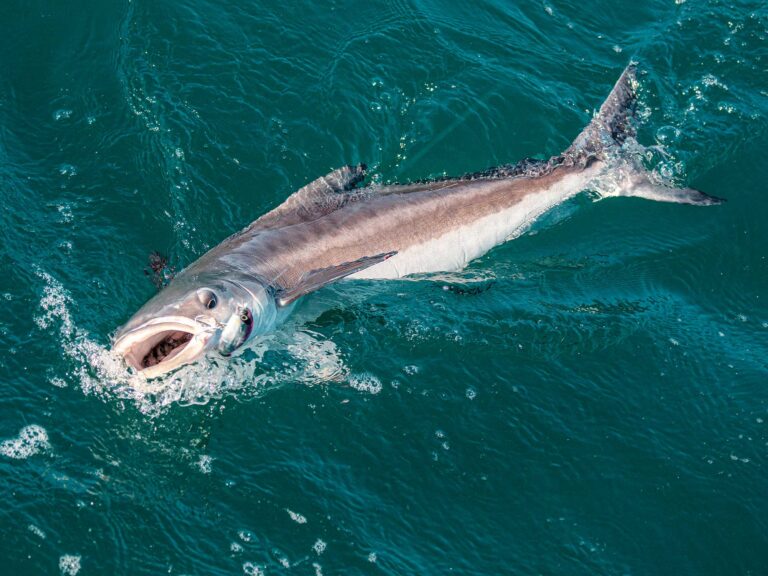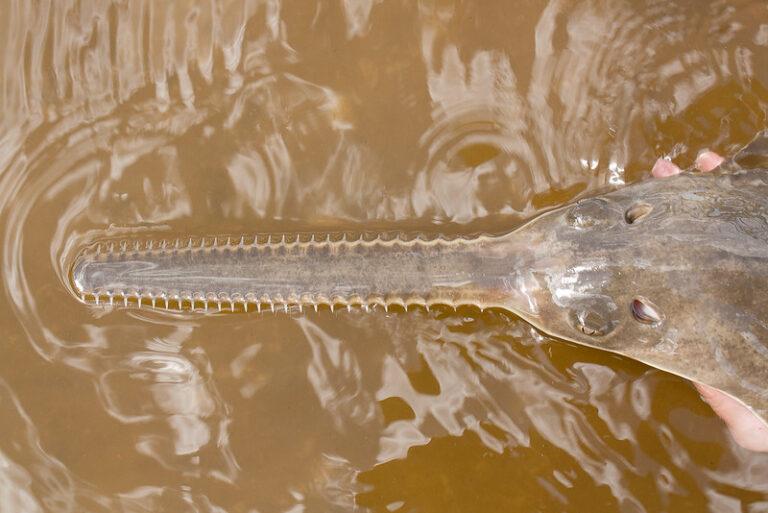San Diego’s long-range fishing fleet was dealt a blow this spring when Mexico’s marine-resources protection agency closed the Revillagigedo Islands Biosphere Reserve to all fishing, including recreational. The reserve, located 240 miles south of Cabo San Lucas, was established by Mexico in 1994. The fish-rich waters surrounding the islands – San Benedicto, Socorro, Clarion and Roca Partida – have offered world-class yellowfin tuna and wahoo fishing to anglers willing to make the 14-day round trip. The Mexican government does not plan to reopen the islands to fishing until a fisheries-management plan for the area has been approved.
According to Bob Fletcher, president of the Sportfishing Association of California, a “working relationship” with Mexico dating back to 1995 allowed for properly licensed San Diego-based sport-fishing boats to legally fish in the area. A plan was originally to be implemented within one year of establishing the island reserve, but Fletcher and his constituents have hammered out agreements with the Mexican government to open the islands to limited recreational fishing since then.
Government officials, encouraged by the Mexican conservation group PRONATURA, took a trip to the Revillagigedos in the spring to observe the condition of the ecosystem. Their sightings included multiple long-range sport-fishing boats fishing inside the six-mile marine “Nucleus Zone,” where the terms of the Biosphere Reserve expressly prohibit fishing of any kind. The officials also received reports of a Mexican longline boat illegally working the area, which prompted swift closure to all fishing.
For the last couple of years, each long-range sportfisher that regularly visits the islands has been required to carry a Mexican fisheries observer. According to the skippers, the observers seemed to discourage poaching in the area by Mexican commercial fishermen.
“I haven’t seen any commercial boats close in to the islands for two years,” says Capt. Tim Ekstrom of the long-range sportfisher Royal Star, which completed the final San Diego-based long-range trip to the area in March. “They knew we had observers aboard, but now (Mexican commercial fishing boats) will be right back in there when no one is out there watching. The islands are too spread out to be watched by the (Mexican) Navy or any one patrol boat,” he said.
Royal Star partner Capt. Randy Toussaint, skippering his boat on its final voyage, observed a Mexican longline boat moving in as he was departing. “The commercial boats will do ten times – no make that a thousand times – more damage than our boats ever could,” Ekstrom said.









